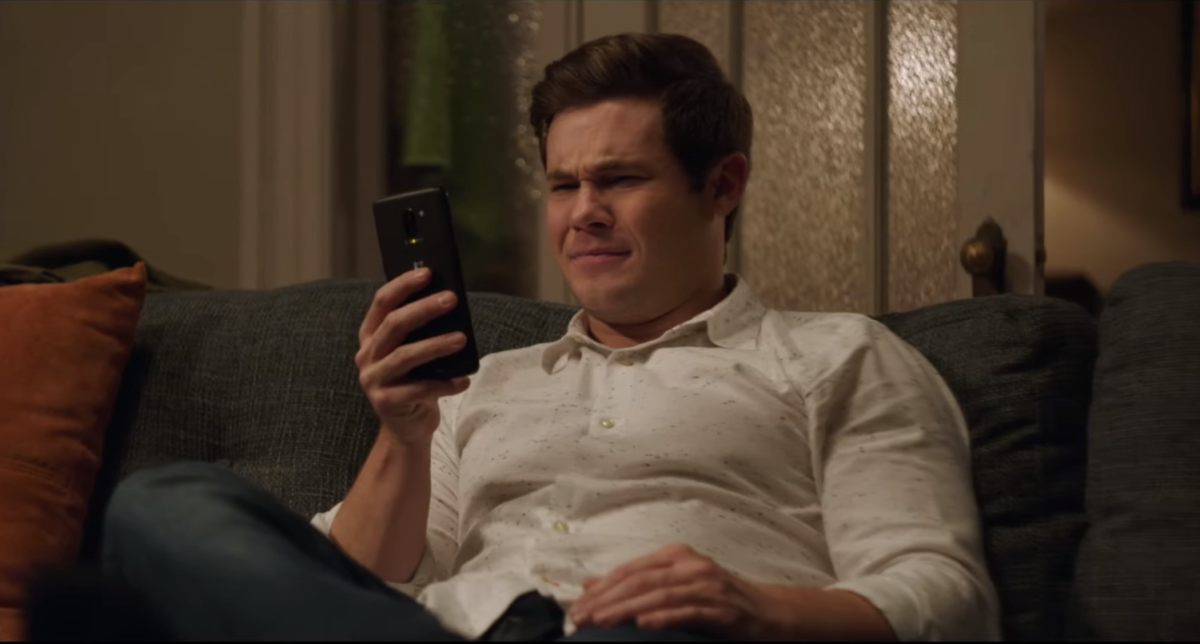Midnight Traveler
by George Wolf
“How do you say ‘help’ in English?”
A harrowing first person account of one family’s flight from a death sentence, Midnight Traveler frames the refugee debate with honest, heartbreaking intimacy.
In 2015, the work of Afghan filmmaker Hassan Fazili earned him a call for death from the ruling Taliban. Fazili and his family sought asylum in neighboring Tajikistan, only to be denied after 14 months.
Midnight Traveler joins Fazili, his wife Nargis and two young daughters the night before their scheduled deportation back to Afghanistan. Filmed only on three iPhones, the movie documents the family’s years and thousands of miles-long journey in search of a safe place to call home.
In last year’s Oscar-winning doc Free Solo, the filmmakers expressed angst over the effect their cameras might have on the decisions of free climber Alex Honnold. As the dangers mount for Fazili and family, we begin to feel the same, worrying our intrusion might somehow cloud their judgement.
As the Fazili family deals with smugglers, broken promises and spur of the moment evacuations, we also see smaller moments of daily life. The daughters manage to laugh and play, and there is tenderness between Hassan and Nargis, as they smile over past memories of a much simpler and safer time.
Even with a verite nature that is often frantic and understandably desperate, Hassan’s footage reveals an unmistakable eye for form and structure.
This is a family literally crying for help in real time, and a human rights issue that can suffer from anonymous enormity transforms before our eyes, consistently adding strength to the touching impact of Midnight Traveler.
Refugees are more than statistics and political footballs. They are human beings with families, dreams and dwindling options. Within the reams of names on a waiting list are urgent, personal stories of survival.
This is one.













